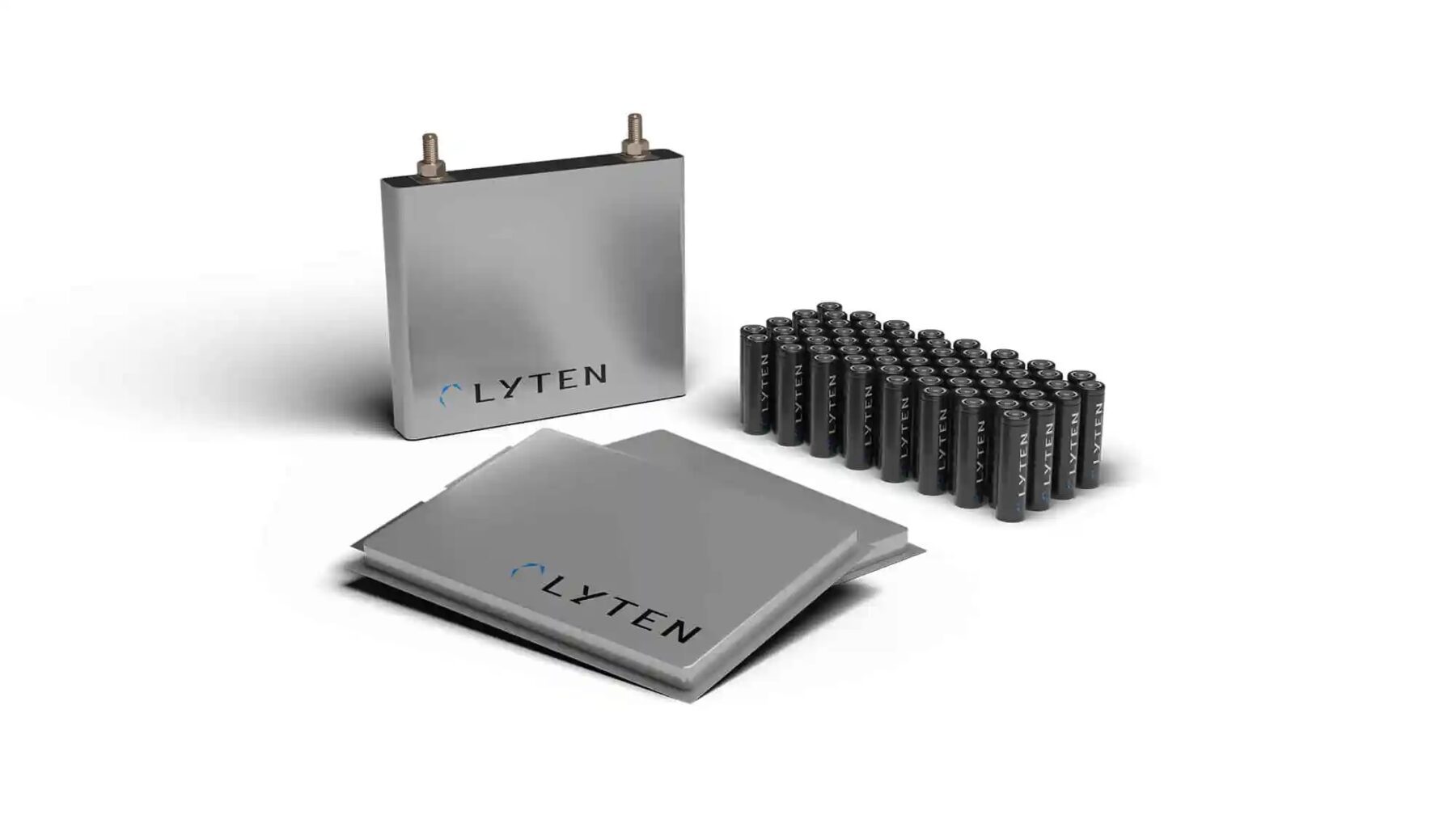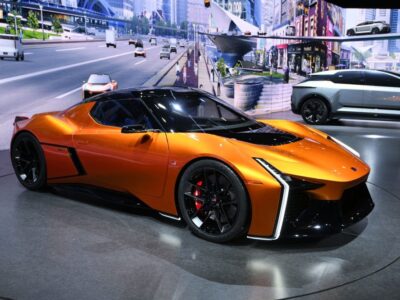(Bloomberg) —
As many of the largest US technology companies shed employees, the government is embracing clean technology as a huge employment opportunity, pumping massive sums into electric vehicles and batteries with the hopes of breaking China’s dominance of the sector.
The $370 billion of clean energy investment included in the Inflation Reduction Act and billions more set aside in the Infrastructure Investment and Jobs Act will benefit companies making the lithium-ion batteries that dominate the landscape today, and potentially support the next-generation chemistries that could usurp what’s commonplace in the market.
One such company is Lyten, an eight-year-old Silicon Valley startup that racked up several government contracts before coming out of stealth mode in 2021. Its key innovation is a graphene material designed to enable lithium-sulfur batteries, which the company says would offer high energy density and be lighter and safer than current chemistries. Sulfur is also widely available and inexpensive.
“It is quite literally cheaper than dirt,” George Liddle, Lyten’s director of government programs, said during a tour of the company’s 55,000-square-foot facility in San Jose, California. Incorporating sulfur could help to reduce dependence on metals including cobalt, nickel and manganese.
Lyten has raised more than $200 million and employs around 230 people, making it the best-funded and best-staffed lithium-sulfur effort, according to Dan Cook, Lyten’s co-founder and chief executive officer. Success is not assured, however, as lithium-sulfur batteries have yet to hit commercial scale.
The chemistry suffers from issues with battery degradation that can cause cells to fail too quickly. Lyten believes incorporating graphene will overcome the pitfalls of lithium-sulfur batteries, and the company has patents on the processing, design and manufacturing of 3D graphene material.
Lyten’s sulfur batteries are competing with a range of other next-generation battery technologies, some of which make similar claims and are better-funded.
Solid-state batteries, for example, are being scaled by the likes of Quantumscape and Solid Power, who have raised $1.2 billion and $382 million, respectively. Vehicle manufacturers including Nissan, BMW and Volkswagen have said they will have solid-state batteries in cars before the end of the decade.
Sodium-ion batteries also are garnering interest at two of the world’s biggest battery manufacturers. CATL has announced it will mass produce them this year, and BYD is also reportedly incorporating the batteries into its vehicles.
The evolution of current lithium-ion batteries is perhaps the biggest threat to next-gen battery technologies, as they’re effectively a moving target to compete with. Lyten, for one, is clear-eyed about how much of a challenge it will be to not only develop a breakthrough technology, but scale it to the point of producing hundreds of thousands of cells a day.
“Battery manufacturing has the complexity of semiconductors, the margins of automotive and the throughput of paper,” Jeffrey Bell, Lyten’s head of cell design, said during a tour of the company’s labyrinth of microscopes and lineup of machines for mixing chemicals.
In addition to solving battery chemistry challenges, startup companies like Lyten must find locations with huge grid connections for gigawatt-scale production, purchase manufacturing equipment and raw materials, and recruit employees to run new operations.
The US is providing billions of dollars in support to help overcome these hurdles. The US approved $2.8 billion of grants in October linked to the bipartisan infrastructure law, with more to come. One of the IRA’s most consequential provisions is production tax credits worth up to $45 per kilowatt hour of cell and pack production, which some analysts have said has the potential to turn the US into the most profitable place in the world to manufacture batteries.
Ford’s deal reached earlier this month to license battery tech from China’s CATL was a letdown for some politicians who want to see US companies curb their reliance on the country.
If the government’s strategy goes to plan, companies like Lyten could be the ones producing and licensing out the next generation of battery tech in the decade ahead, positioning the US as a much more competitive force within this crucial sector.
–With assistance from Yayoi Sekine.
To contact the author of this story:
Ryan Fisher in London at rfisher107@bloomberg.net
© 2023 Bloomberg L.P.





